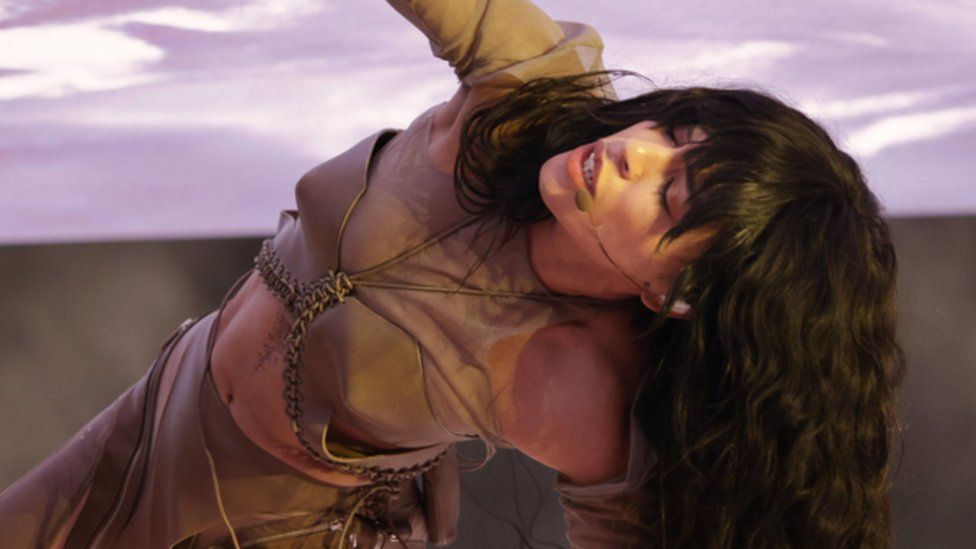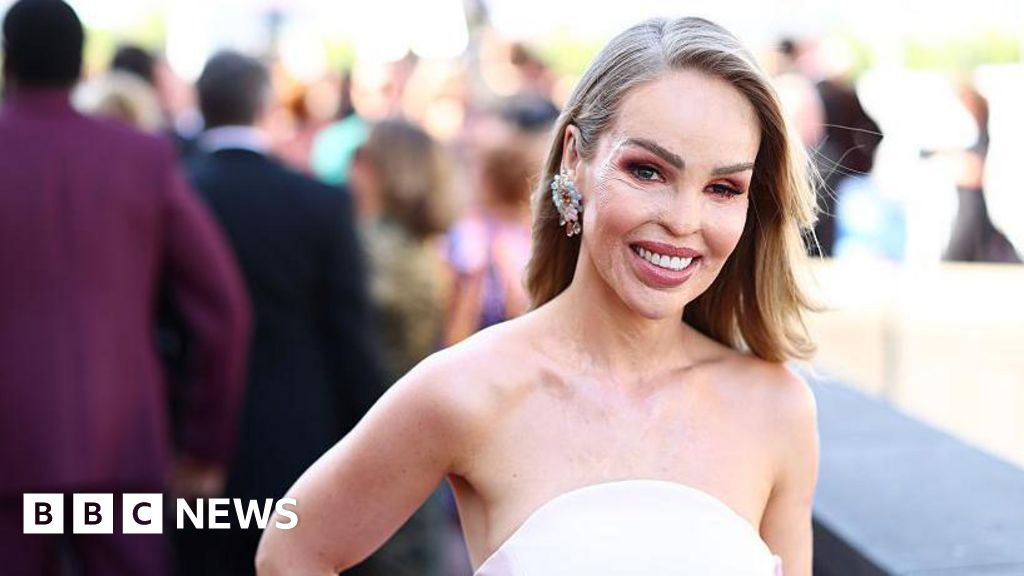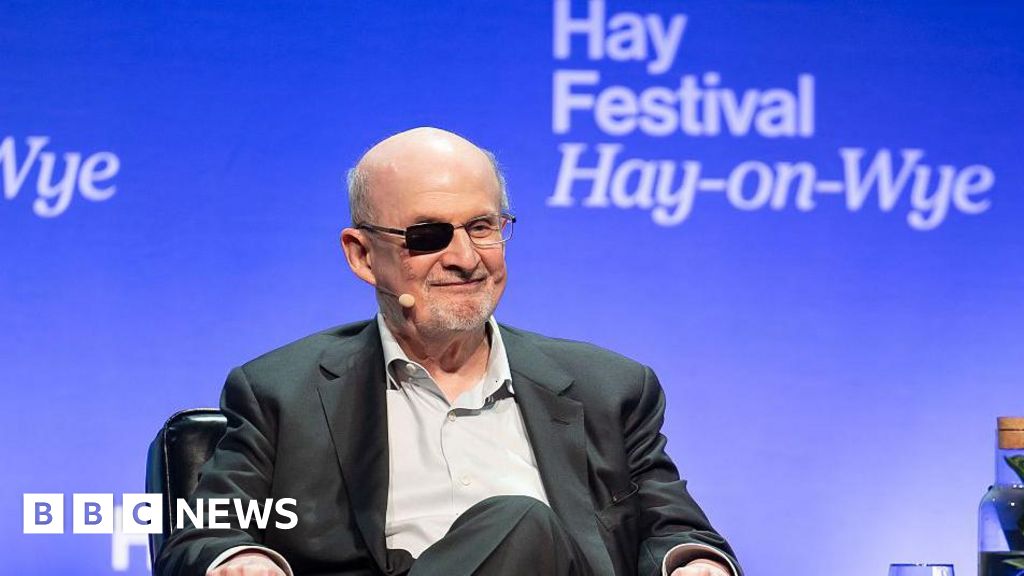ARTICLE AD BOX
 Image source, Alma Bengtsson/ SVT
Image source, Alma Bengtsson/ SVT
Loreen's Tattoo is now one of the favourites to win Eurovision 2023, according to the bookies
By Daniel Rosney
Eurovision reporter
Former Eurovision winner Loreen, whose song Euphoria won the song contest in 2012, will represent Sweden again this year in Liverpool.
To represent her country, first she had to win Melodifestivalen (also known as Melfest), one of Sweden's biggest TV shows, which she did on Saturday night.
She told the BBC Eurovisioncast podcast she needed a lot of convincing to take part again, after initially declining.
"They popped the question, the answer was 'it's not gonna happen'", she said.
"It took me four weeks [to decide]. It was more like, 'what can I say in this? Do I have anything to give again?
"I think I'm a little bit more chillax now so I'm going to have more fun with it."
Sweden and Portugal both chose their acts on Saturday, completing this year's line-up. A full list of all 37 participants can be found here.
"I'm starting to understand the gravity of it," Muller told Eurovisioncast. "Sam Ryder probably made it less of less a scary decision because there's so much positivity around it. But even without that, I think just the experience alone is just so incredible."
One of her favourite things so far in her experience is the fandom that comes with Eurovision.
"What is really apparent to me is it's such a diverse, inclusive, huge group of people," she said. I love that they all have this one one thing in common, and they all are avid music lovers, and it's just really nice to see."
Watch: Mae Muller's song entry for Eurovision 2023 and fan reaction
There will be 37 countries represented in Liverpool this May, after three countries withdrew following an increased entry fee.
Choosing a Eurovision entry is typically done in two ways: an internal selection - an act chosen behind the scenes - or a national selection - a TV show with the winner getting to fly their country's flag at the contest.
A lot of Eurovision fans follow how each country chooses its act with events like Super Saturday gripping devotees across the continent as seven artists were picked.
The first act for this year's contest was announced in December when Ukraine turned a bomb shelter into a TV studio.
Tickets for the nine shows in Liverpool sold out in 90 minutes, with fans being warned that hotels they have booked are being targeted by cyber-attacks putting their data at risk.
About 160 million watch the competition annually but seats inside the arena are limited to around 6,000 this year for each show.
All the build-up, insights and analysis is explored each week on a new BBC podcast called Eurovisioncast.
Eurovisioncast is available on BBC Sounds, or search wherever you get your podcasts from.

 2 years ago
42
2 years ago
42








 English (US) ·
English (US) ·